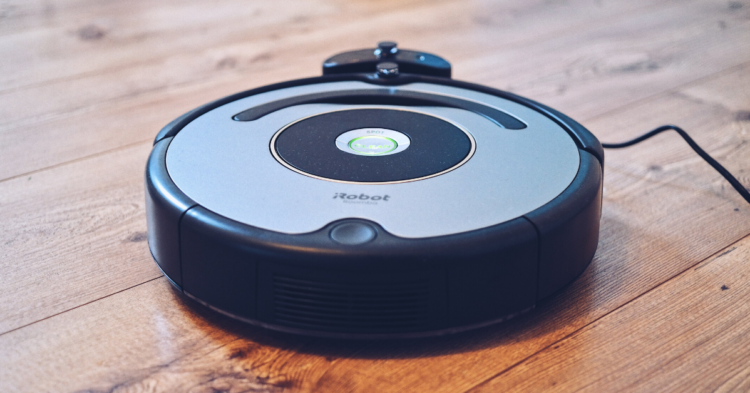Growing up, many of us dreamed of the day that we would have robot servants. Now, finally we live in the age of robots, yet this dream is not quite as wondrous as we had imagined. Lately, our smart homes are seeming rather dumb. Our devices are so connected that a small issue renders them useless, as many people learned recently. An Amazon Web Services outage crashed Roombas (robot vacuums), Ring doorbells, and Alexas across the Northeast.
You can use a Roomba without the internet.
But why would you? That involves bending over and pressing a button. Most users bought a Roomba to avoid such chores. Instead, they opt to control the Roomba with Amazon Web Services. It lets you create a cleaning schedule and automates the vacuum.
If that weren’t enough, doorbells also crashed.
Ring doorbells include a camera and allows you to communicate with people at your door from your phone. You don’t even have to be at home. As long as both the doorbell and your phone are connected to the internet, you can communicate between them.
This outage has practically disabled some people’s Smart homes.
Normally, smart home dwellers don’t have to think about a thing as they go through their day. This outage meant that they had to press a button to vacuum their floors, turn on their lights themselves, and had to get up to answer the door! It must have been a very trying experience!
In all seriousness, perhaps dumber homes might be better.
The more technology that you invite into your home, the more vulnerabilities you get too. Are we becoming too dependent on technology and connectivity? A power outage last week stopped me dead in my tracks. Sure my laptop battery was charged up, but without the internet (and my precious second monitor) I found it nearly impossible to keep working. Meanwhile, my vintage 1940s fountain pens all still write beautifully.
Perhaps the Luddites can teach us a thing or two.
The Luddites are best known for destroying technology, which is why we associate the word with hating technology. But they didn’t hate technology. Rather, they fought to live well with technology . Many of them were machinists themselves. They wanted technology to advance our society, not undercut it. Now might be the time to yet again ask, which technologies do we need and which should we destroy?
h/t: BBC

















































